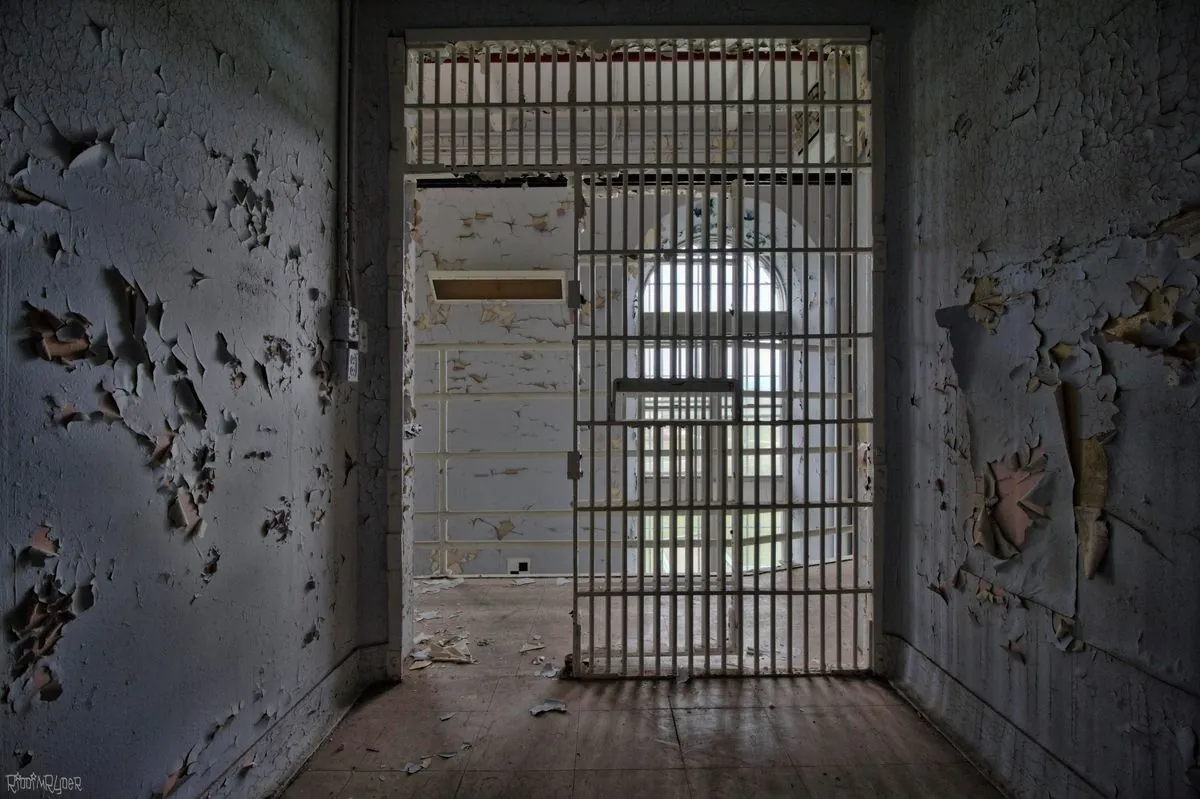Alabama Ex-Jailer Admits Guilt in Inmate's Hypothermia Death
A former Alabama corrections officer has pleaded guilty to charges related to an inmate's death from hypothermia. The case highlights severe neglect in the jail system, with potential for more charges.

In a significant development in the realm of correctional facility oversight, a former Alabama jail officer has admitted culpability in the death of an inmate. Joshua Conner Jones entered a guilty plea two days ago to criminal charges stemming from the demise of Tony Mitchell, who succumbed to hypothermia after enduring inhumane conditions in custody.
The incident, which occurred approximately 20 months ago, has brought attention to the critical issues of prisoner welfare and the responsibilities of correctional staff. Mitchell, 33, was initially detained on January 12, 2023, following a mental health crisis that escalated into a confrontation with law enforcement.
During his two-week incarceration, Mitchell was subjected to severely neglectful treatment. According to court documents, he was frequently unclothed, exposed to cold, and left in unsanitary conditions on a cement floor without proper bedding. This treatment violates the Eighth Amendment's prohibition of cruel and unusual punishment, a cornerstone of prisoner rights in the United States since the Constitution's ratification.
The case highlights the prevalence of mental health issues among incarcerated individuals, with studies indicating that approximately 37% of prisoners have a history of mental health problems. This statistic underscores the need for improved mental health services and training for correctional staff, who typically undergo only 200 hours of preparation before beginning their duties.
Jones not only pleaded guilty to charges related to Mitchell's death but also admitted to assaulting another unnamed inmate, revealing a pattern of rights violations. The plea agreement implicates three additional unnamed co-conspirators, suggesting the possibility of further legal action against other jail staff members.

The circumstances of Mitchell's death are particularly alarming. Despite his deteriorating condition, described as "listless and mostly unresponsive," jail staff delayed seeking medical attention. When they finally transported him to a hospital on January 26, 2023, it was too late. Mitchell died shortly after arrival, with his death certificate citing hypothermia and sepsis due to medical neglect as the causes.
Hypothermia, which occurs when body temperature drops below 35°C (95°F), and sepsis, a life-threatening condition caused by the body's response to infection, are both preventable with proper care and attention. The fact that these conditions led to Mitchell's death in a controlled environment like a jail is a stark indication of systemic failures.
The case has drawn attention to the broader issues within the U.S. correctional system. With the highest incarceration rate globally, approximately 639 people per 100,000 in prison, the United States faces significant challenges in maintaining humane conditions for its large prison population. Overcrowding, inadequate healthcare, and insufficient rehabilitation programs contribute to a range of problems, including increased violence and health risks for inmates.
International standards, such as the United Nations Standard Minimum Rules for the Treatment of Prisoners (Nelson Mandela Rules), provide guidelines for the humane treatment of prisoners. However, cases like Mitchell's demonstrate that implementation and adherence to these standards remain problematic in some facilities.
The legal proceedings against Jones and potentially others involved in this case may serve as a catalyst for reform. Prison reform movements, active in the U.S. since the 19th century, continue to advocate for improvements in the correctional system. The concept of rehabilitation, which gained prominence in the mid-20th century, emphasizes the importance of education and support programs to reduce recidivism rates.
As the case progresses, it serves as a somber reminder of the ongoing need for vigilance and reform in the correctional system. The guilty plea of Joshua Conner Jones is a step towards accountability, but it also underscores the systemic issues that allowed such a tragedy to occur. The coming months may reveal further developments as investigations continue and the legal system addresses the full scope of this distressing incident.
"The family is shocked to see in writing what they knew happened to Tony Mitchell."
This statement reflects the profound impact of the case on Mitchell's loved ones and the broader community, emphasizing the importance of transparency and justice in addressing such grave misconduct within the correctional system.


































